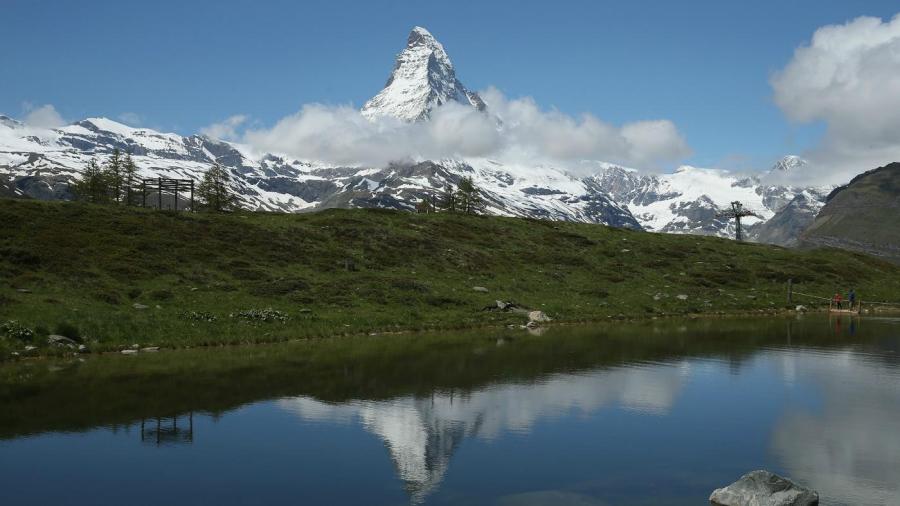What Are Switzerland’s Natural Resources?

Switzerland’s natural resources include minerals, water and land. Water power is considered a major natural resource for Switzerland and has been used historically to power industrial machines and buildings.
Water from Switzerland’s glaciers is harnessed for energy in hydroelectric power facilities. It is then used to supply electricity to the country. As of 2014, approximately 59 percent of the country’s electricity was generated from water. The ability to use water to create electricity has enabled the country to rely less on fuel from outside of its boundaries. Imported fuels make up only a small portion of its resources used for energy.
Minerals are other natural resources in Switzerland, but they are limited. There are small amounts of iron and manganese deposits but there is no coal. Other deposits present in the country that can be applied for commercial uses include lime, clay, salt, sand, marble and gravel.
The country’s landscape is another natural resource that aids in supplying basic necessities to its people and generating revenue from tourism. As of 2014, approximately 11 percent of Switzerland’s land is used for agriculture. While the steep terrain of the country make it difficult to further expand on it for farming use, the mountains have long been an attraction to those visiting the country.





